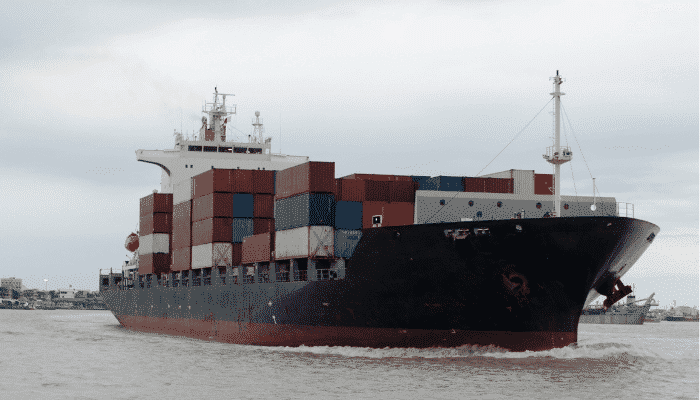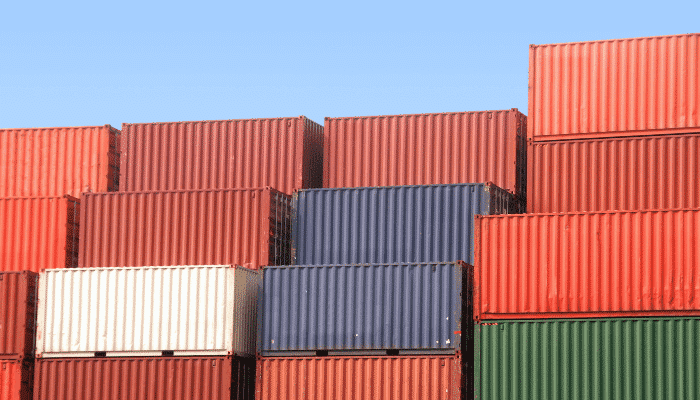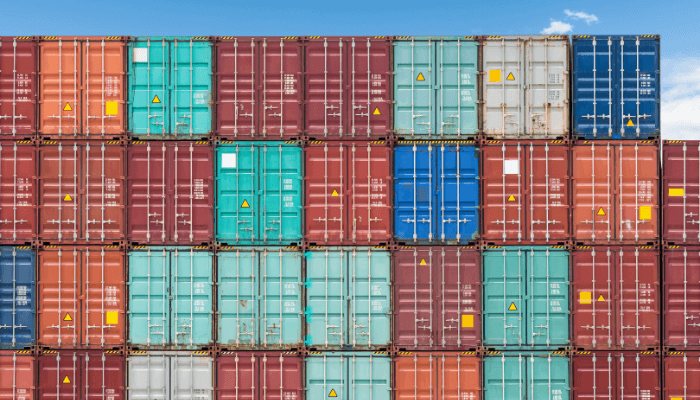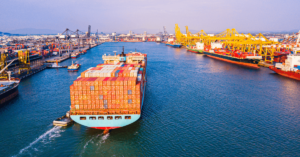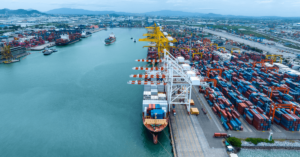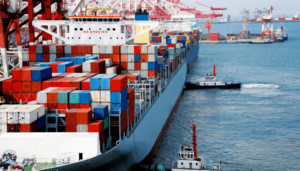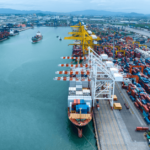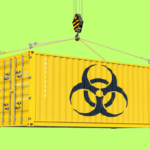What is an Off-Hire Container?
Off-hire is a term that is often used in the transport business. However, before we go to the subject of off-hire containers let us understand the context where it is used.
Container Leasing
When an organisation requires containers for storage of its cargo or transportation of cargo on a regular basis, they buy containers.
But what when they are not sure of their demand for containers or when they do not want to invest in the ownership of containers? This is where container leasing comes into the picture.
Container leasing helps to increase or decrease your fleet of containers according to requirement and without having to invest in large sums of money on buying new or used containers.
Shipping companies and other large organisations balance their container requirements by owning as well as leasing containers.
Normally, the organisation that takes a container on lease from the lessor company is fully responsible for the maintenance and repair of the container during its lease period.
Lessor and the Lessee
Two main parties are involved in container leasing called the lessor and the lessee.
Lessor is the party that rents out the container to the lessee for use, for a specified time and as per a specified agreement.
Off-Hire Container
An off-hire container is one that has been returned to the owner’s (the lessor) yard by the lessee after the lease period. This is the return of the container at the end of its lease period.
The normal practice in the industry is when an off-hire container is received at the owner’s yard, they will put it through a detailed check-up by a qualified surveyor. This survey is known as an off-hire survey. It is carried out to spot any damages that may have happened during the lease period. Sometimes such damages may not be covered under the lease agreement.
The surveyor in his report lists the damages, if any, to the container and also prescribes the necessary follow-up actions. This may include repairs, write-offs, and claiming from the lessee.
In case of severe damages where the cost of repairs can be very high, he may suggest condemning the container. Such condemned containers are often used for purposes other than the transportation of goods.
In any case, it is the surveyor’s responsibility to come up with the most economical method of using or disposing of the off-hire container.
Off-hire containers could be general purpose (GP) containers also known as DV or dry vans, or refrigerated containers (reefers). In the case of an off-hire refrigerated container, the scope of the survey would include its refrigeration unit and also its data downloading system.
For more information on container surveys, refer to the article available on the following link:
Master Container Lease Agreement
A master container lease agreement is an agreement between the organisation that leases out a container and a company that takes it on lease. The organisation leasing out the container is known as the lessor while the one taking it is the lessee.
Such an agreement will contain all the basic conditions of the lease. A few important points that are included in a master container lease agreement are as follows:
- The validity of the lease
- The number of containers to be leased
- Rate of the lease
- Terms of payment
It may be noted here that the lessee is bound to pay only for the container that he has taken from the lessor’s yard and not for the total number of containers mentioned in the master lease agreement.
Typically, a separate contract is prepared each time the lessee takes a container according to the master container lease agreement.
What is an On-Hire Container?
On-hire containers are those that have been earmarked for lease to a lessee. Prior to being delivered to the lessee, such containers are put through an inspection to ensure that they meet the conditions that are mentioned in the lease agreement. This is called an on-hire survey.
Minor damages and defects are noted by the surveyor who would then suggest the necessary repairs etc. He would also certify the container as cargo-worthy or otherwise. An on-hire survey would specify the type of cargo that the container can transport which may be dry or refrigerated goods.
In the case of a refrigerated container, its refrigeration unit and data download features are also inspected to confirm that they are all in good working condition.
Management of Off-Hire Containers
While it is necessary to bring in an off-hire container to the owner’s container yard for its inspection, repair, and future circulation to customers, it cannot be retained there for long. The container-fleet manager has to ensure that an off-hire container survey is completed as quickly as possible followed by the necessary repairs and maintenance work.
The container may also require re-certification from the relevant authorities for its cargo-worthiness at the end of its certification validity period. Once these steps are completed the container is ready to be offered on lease to the next customer.
You might also like to read:
- Understanding the CSC Plate Of Shipping Containers
- 16 Types of Container Units and Designs for Shipping Cargo
- What Are Insulated Shipping Containers?
- What is Flexitank in Shipping?
- Container Seals : Importance, Types, And Requirements
Disclaimer: The authors’ views expressed in this article do not necessarily reflect the views of Marine Insight. Data and charts, if used, in the article have been sourced from available information and have not been authenticated by any statutory authority. The author and Marine Insight do not claim it to be accurate nor accept any responsibility for the same. The views constitute only the opinions and do not constitute any guidelines or recommendations on any course of action to be followed by the reader.
The article or images cannot be reproduced, copied, shared or used in any form without the permission of the author and Marine Insight.
Do you have info to share with us ? Suggest a correction

About Author
Hari Menon is a Freelance writer with close to 20 years of professional experience in Logistics, Warehousing, Supply chain, and Contracts administration. An avid fitness freak, and bibliophile, he loves travelling too.
Latest Maritime law Articles You Would Like:
Latest News
- What are Logistics Risks?
- How Port and Terminal Operators Can Control Emissions?
- Minimum Quantity Commitment (MQC) and Liquidated Damages in Container Shipping: Concept and Relevance
- MARPOL (The International Convention for Prevention of Marine Pollution For Ships): The Ultimate Guide
- The Ultimate Shipping Container Dimensions Guide
- A Comprehensive Overview of IMDG Code for Shipping Dangerous Goods
Subscribe To Our Newsletters
By subscribing, you agree to our Privacy Policy and may receive occasional deal communications; you can unsubscribe anytime.



